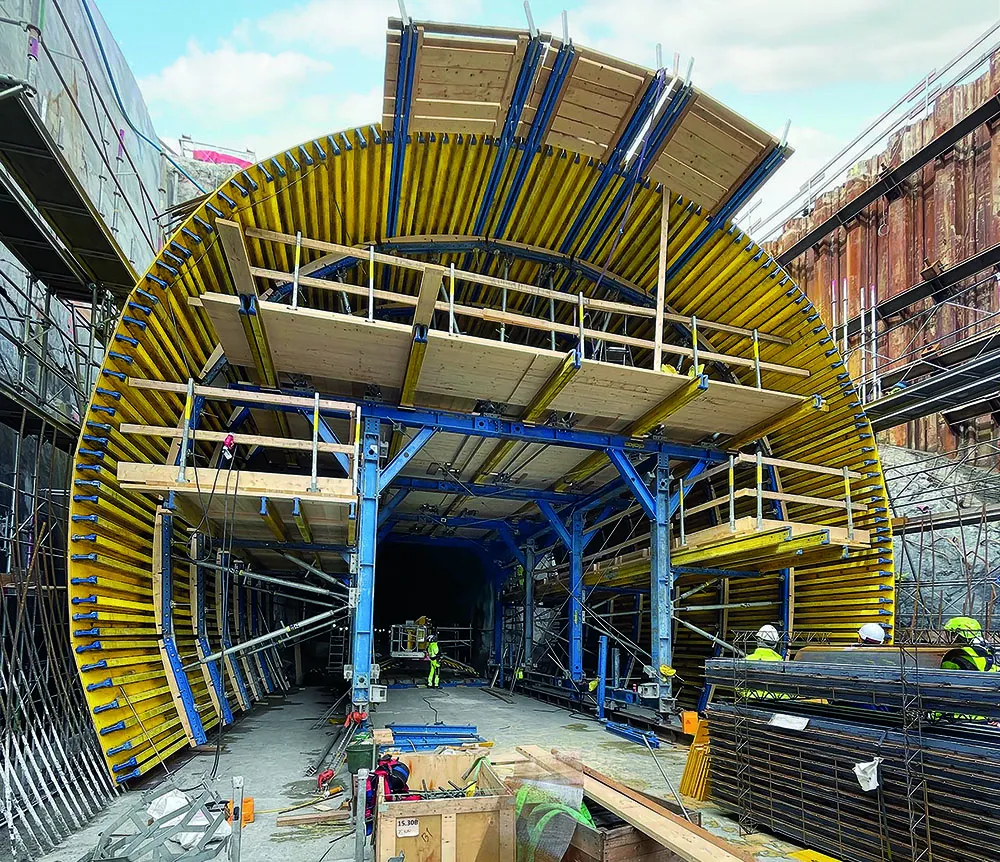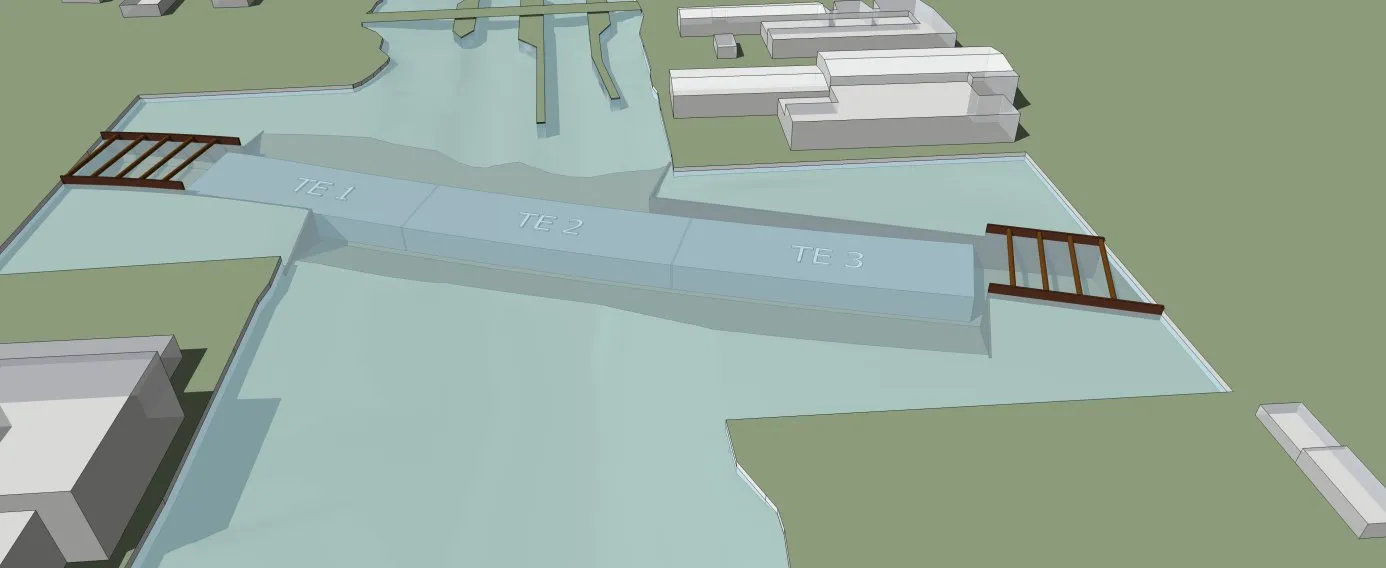It looks as if plans for a new road tunnel in Swedish capital Stockholm will have to be rethought.
February 21, 2012
Read time: 1 min
It looks as if plans for a new road tunnel in Swedish capital Stockholm will have to be rethought.
The local authorities have said that building a tunnel connection for the Essingeleden Highway will be too costly. Estimates suggest that the tunnel option to build the highway under the city would cost from €339.5 million to €566 million, and as the project is not expected to improve traffic flow, the Swedish Transport Agency (1096 Trafikverket) has said it may opt not to provide funding.
A decision on the proposed tunnel project now looks to be put back until the Förbifart Stockholm bypass has been completed in the 2020s.
The local authorities have said that building a tunnel connection for the Essingeleden Highway will be too costly. Estimates suggest that the tunnel option to build the highway under the city would cost from €339.5 million to €566 million, and as the project is not expected to improve traffic flow, the Swedish Transport Agency (
A decision on the proposed tunnel project now looks to be put back until the Förbifart Stockholm bypass has been completed in the 2020s.







